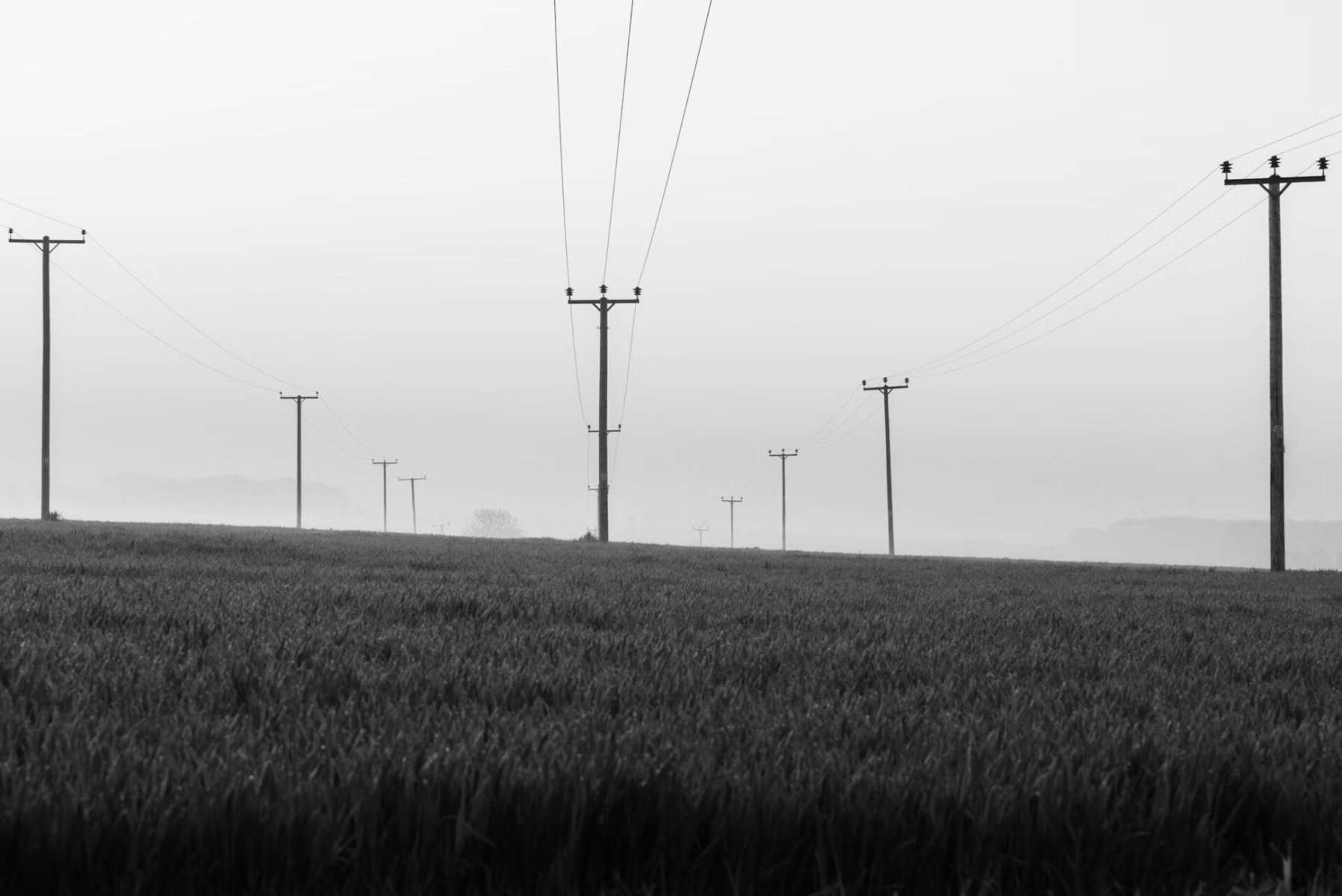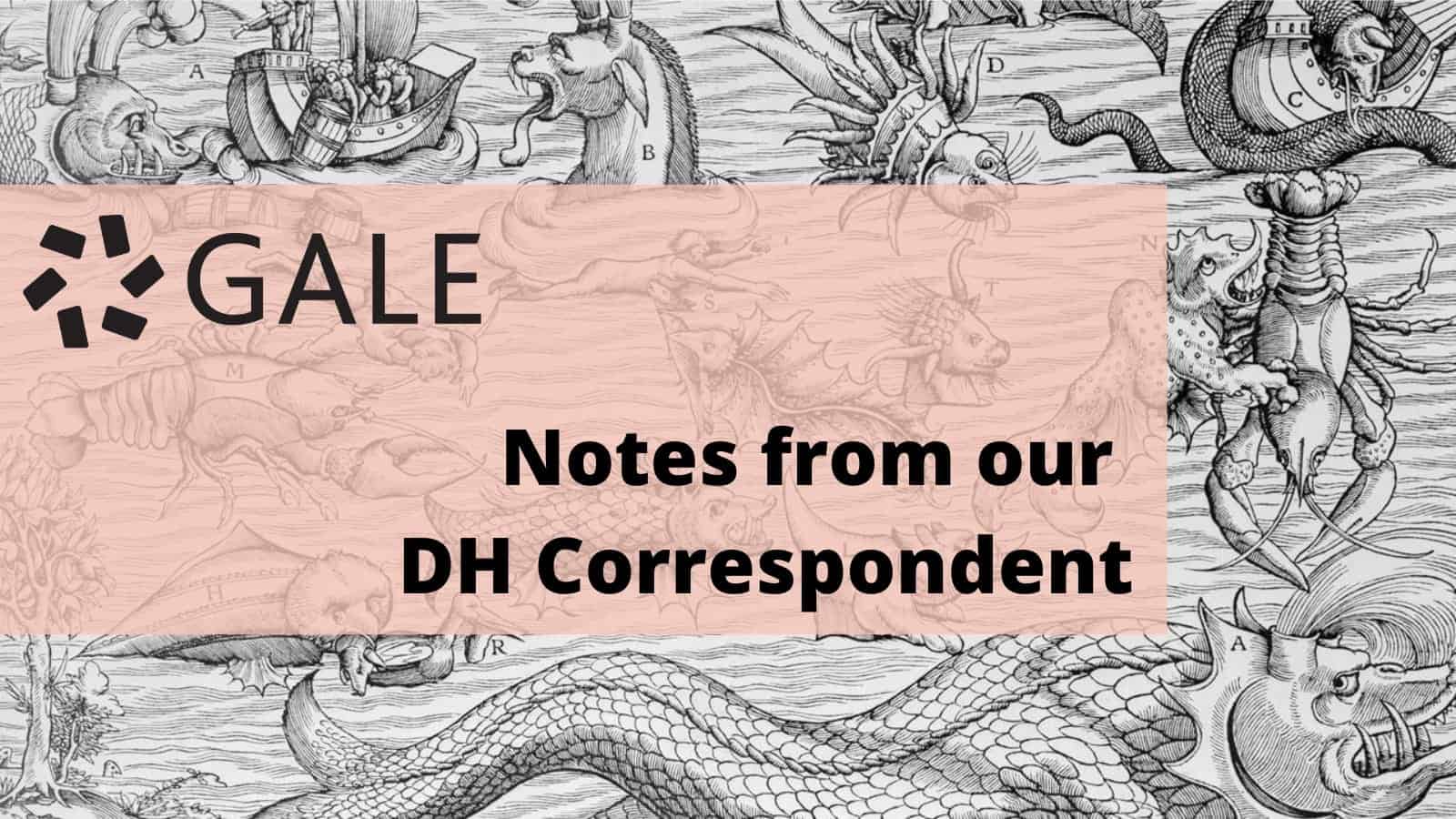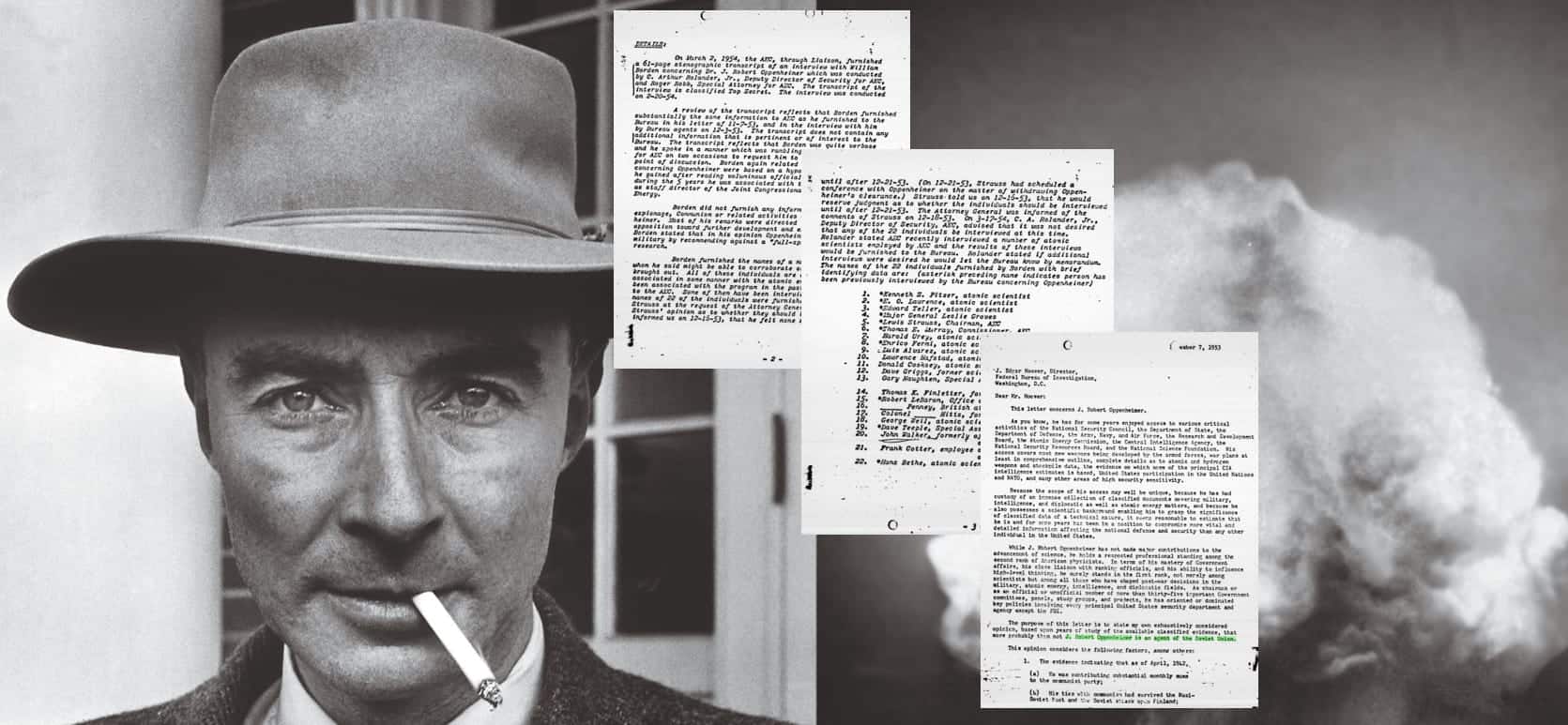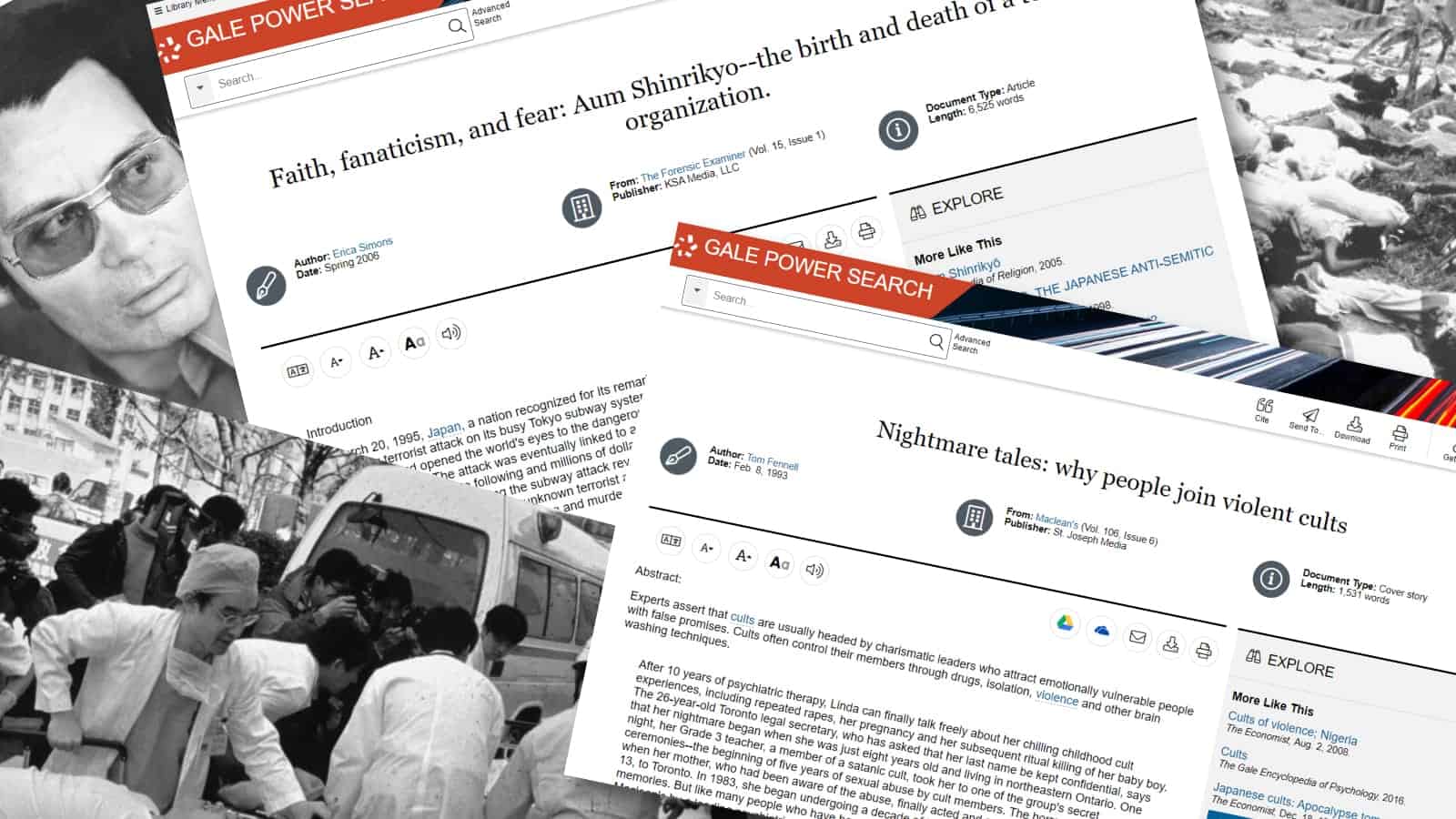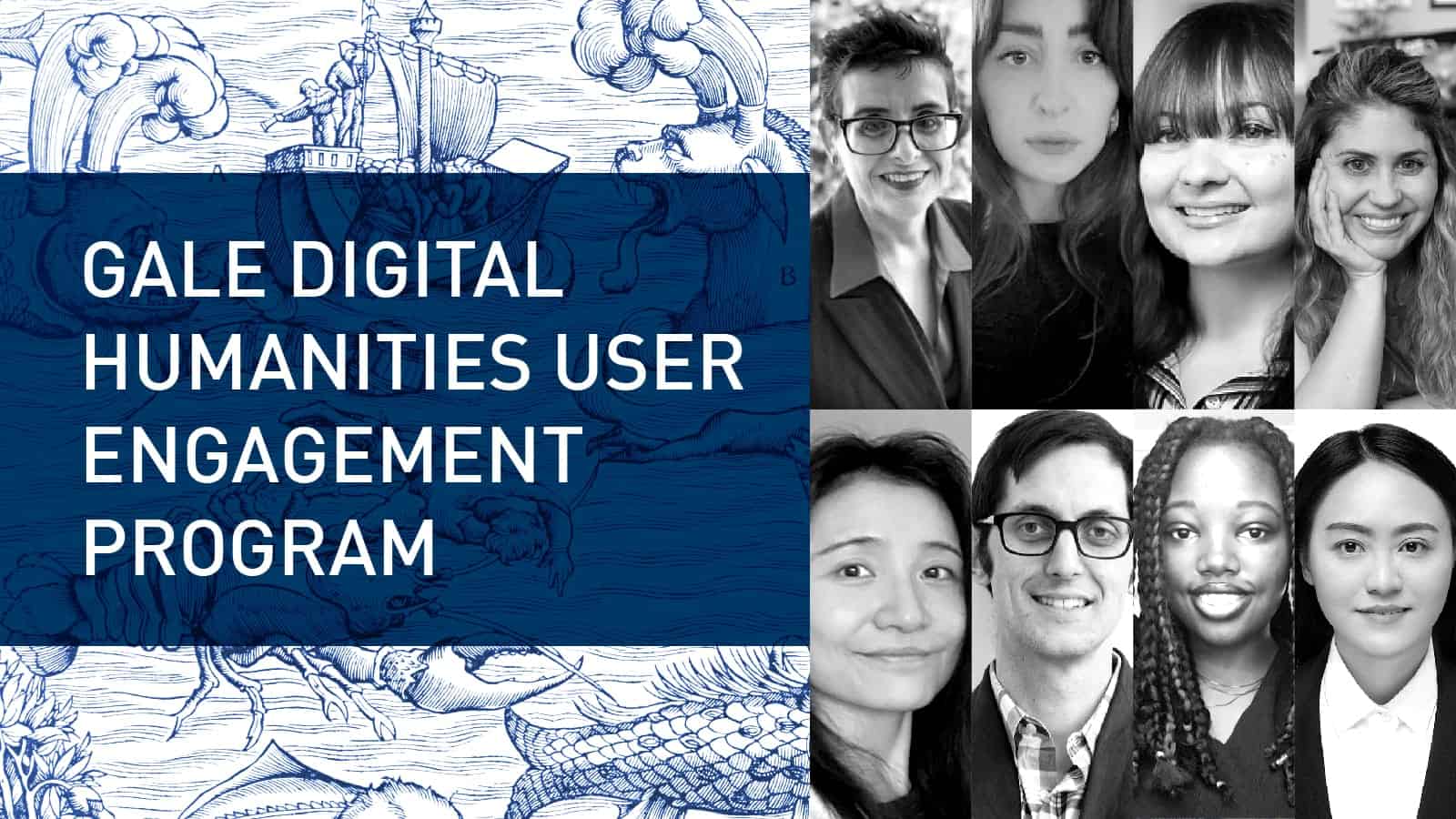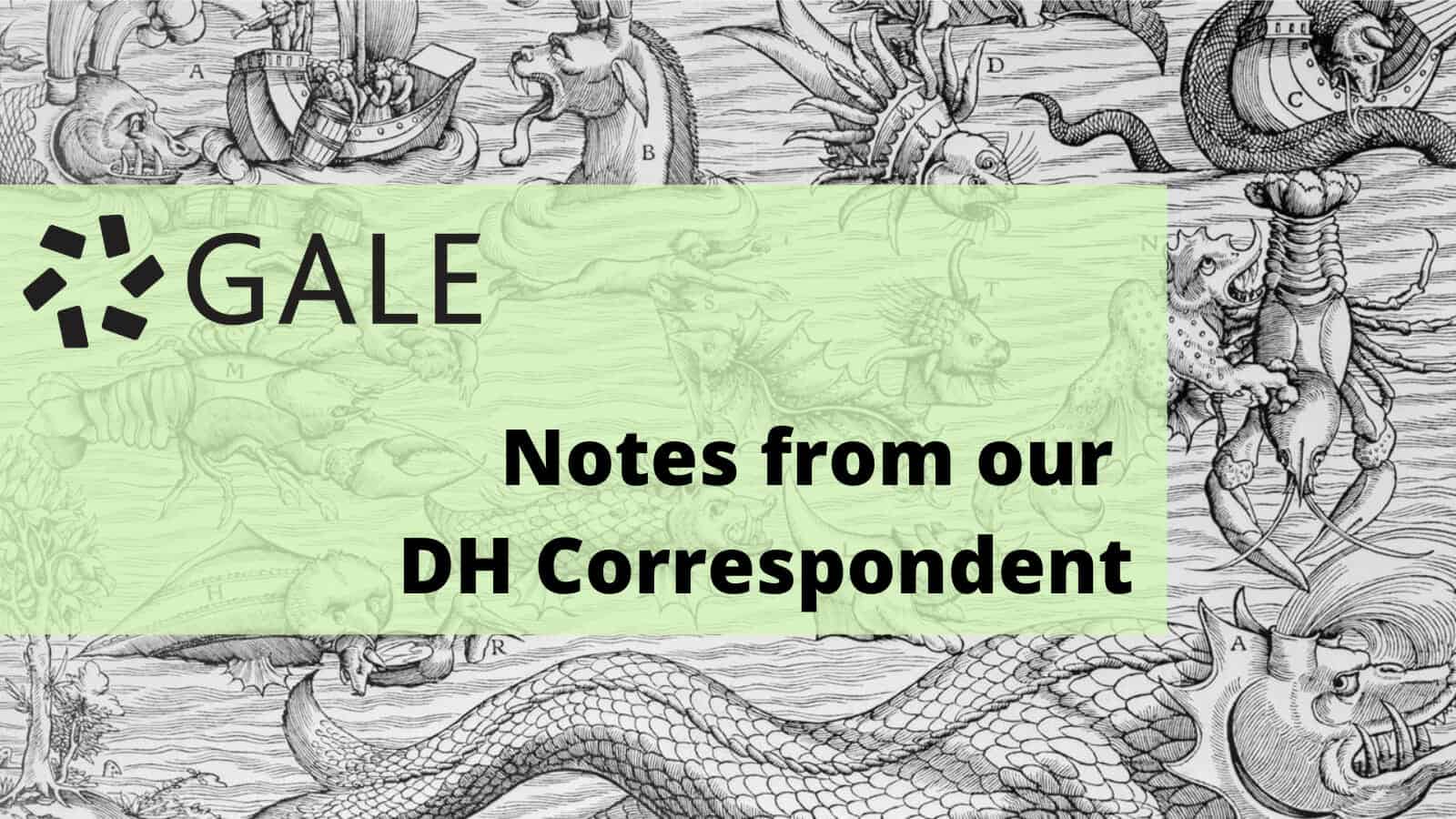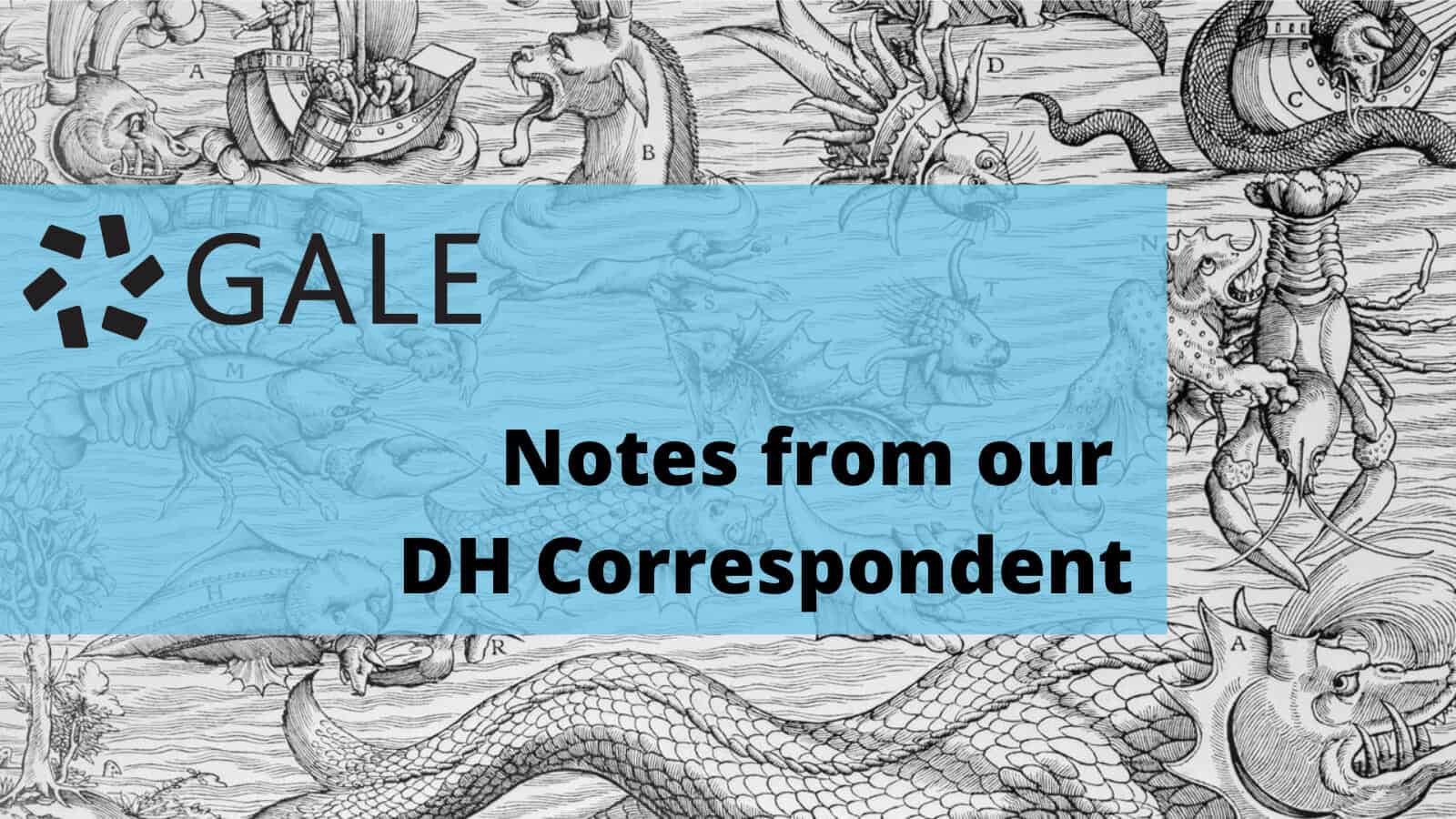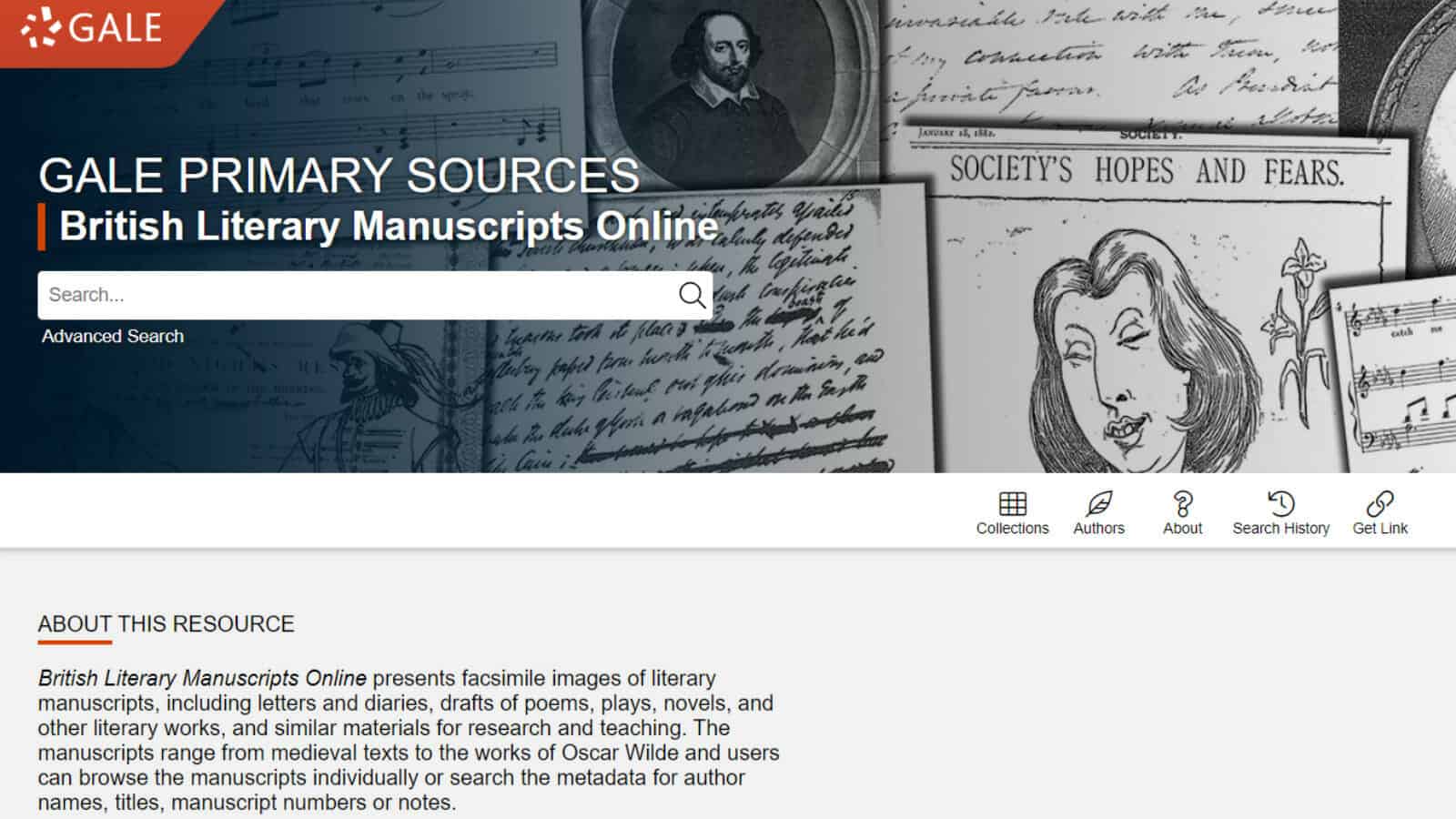│By Lucy McCormick, Gale Ambassador at the University of Birmingham│
Using literary sources – such as newspapers, journals, pamphlets, and periodicals – to research feminism in late nineteenth-century Britain is a valuable way to enrich historical scholarship. Regarded as intellectually inferior to their male counterparts, women’s voices had long been deemed unimportant and thus excluded from mainstream media. However, by the second half of the nineteenth century, the intensification of debates pertaining to the ‘Woman Question’ rendered women not merely objects, but also participants, in arguments about the rightful role of women in British society.


